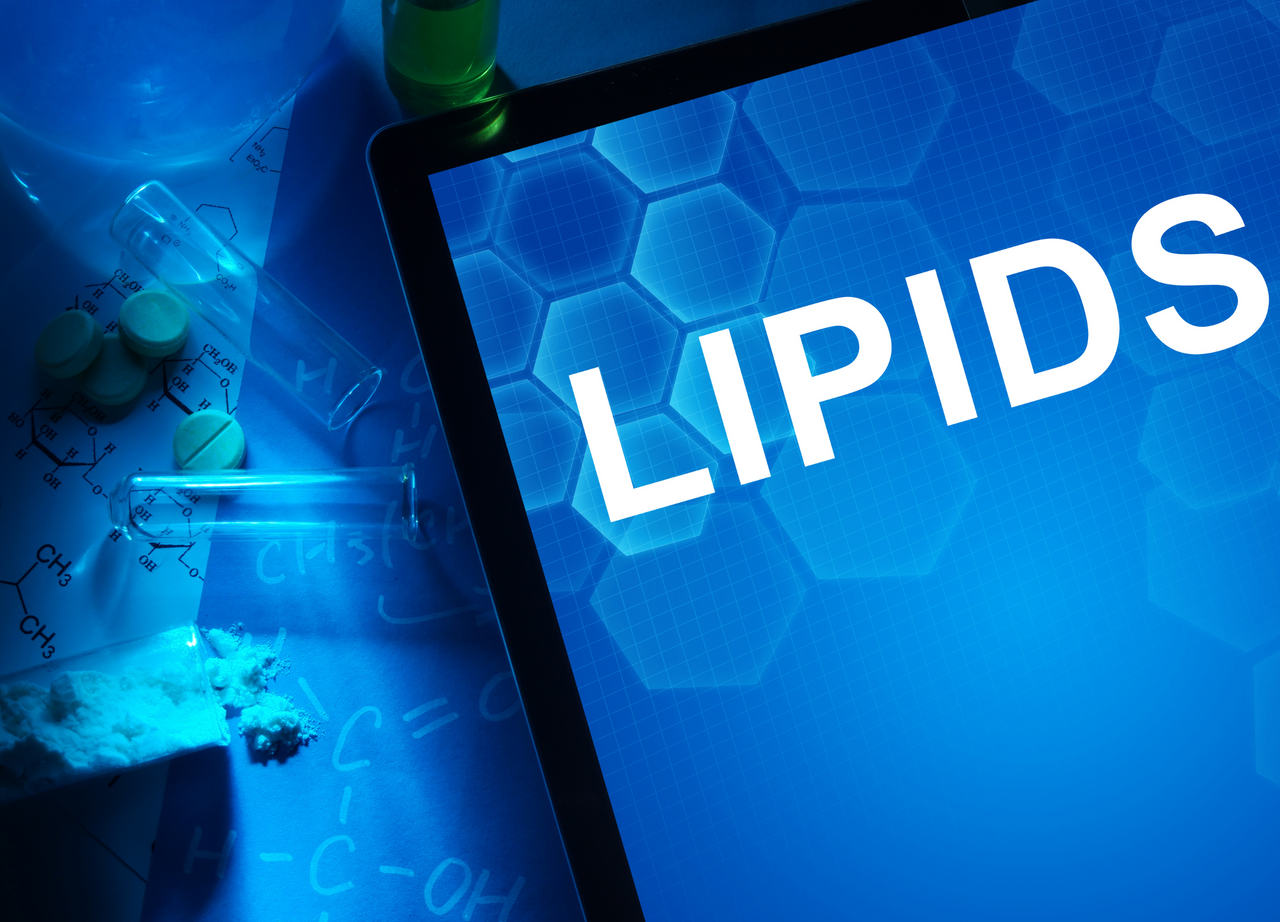What Is Deuterium Depleted Water, And Should You Drink It?
For the past couple of days, Google’s and Facebook's algorithm has been soaking my feeds on social media with a constant stream of posts, articles, and blogs about deuterium-depleted water, aka light-water. It’s a pretty popular, somewhat new trend in biohacking “communities” (quotation marks because they aren’t real communities, just people online reading about similar stuff). Marketers never skip a beat when it comes to selling anything. So they’ve already jumped on this trend.

Companies are selling DDW you can drink to optimize your cellular energy, as they claim. Drinking DDW “allows you to lower your body’s deuterium levels at your own pace and maintain the easiest most powerful anti-aging strategy that exists”, one company boasts in their ads. Another claim is that deuterium disrupts the biological process of the mitochondria and prevents them from functioning properly.
Can You Make Your Own DDW?
Well, yes, but actually no. You can’t produce your own DDW because it requires technology not achievable at home. That is, you can, but it’s a lengthy, tedious process, so no. You have to buy DDW made and sold by DDW companies. There’s more than one brand, and the price goes up to even $20 per liter. To reap the announced benefits of DDW, one needs to drink it for some 45–90 days. There is a saliva test one can take to determine deuterium levels in the blood before and after treatment. The saliva sample is sent away to be tested by the LGR Triple Isotopic Analyzer, and the results are to you in 5–10 days via e-mail.
What’s The Science Behind All Of This?
It seems that the reason we age so rapidly is because of the accumulation of deuterium in our bodies. And so to stay looking young and fit we have to lower our total body burden of heavy water.
Deuterium accumulation over time contributes not only to physical aging but to disease as well, and the studies show that when we reduce this contaminant by 15-20% or more we super optimize our health and healing ability.
Drinking deuterium-depleted water allows our body to lower its deuterium levels at its own pace. This leads to a gradual depletion of endogenous deuterium in the body. This is quickly becoming a very popular biohack for people pursuing optimal health, vital energy, and increased longevity.
DDW is available at different prices and in different brands globally. One important downside is: it’s very expensive, and the cost rises further when we add up the import prices. Because of this, methods to prepare DDW at home have been continuously investigated. There are many websites dedicated to this topic.
The atoms of the most common isotope (99.99%) of hydrogen contain only one proton, one electron, and no neutrons. Deuterium is an isotope of hydrogen with one neutron and one proton in its nucleus. There is also a very rare isotope, tritium, with one proton and two neutrons. It is radioactive and has been used as a radio-luminescent light source in watches and other devices.
How Abundant Is Deuterium In Nature?
Deuterium accounts for only about 0.02 percent of the hydrogen in ocean water. Other water sources contain slightly different amounts. It is also known as heavy hydrogen, and water containing artificially increased concentrations of deuterium is known as heavy water. Heavy water can be made by distillation and other methods. What’s left over is deuterium-depleted water or DDW.
Because the weight of regular hydrogen and deuterium is slightly different, due to the additional neutron in deuterium, it’s not unlikely that DDW would have some effects different from those of normal water. It might even be possible to measure some effects that are statistically somewhat significant.
Deuterium Depleted Water Helping Patients Fight Against Cancer
Deuterium is an important predisposing factor for cancer. Deuterium-depleted water, also known as low deuterium water, ultra-light water, or no deuterium water, can be obtained by removing deuterium from natural water. Studies have shown that water with a low deuterium concentration (that would be less than 65% of the total volume) can inhibit cancer growth. Clinical trials demonstrated that drinking DDW caused growth inhibition of malignant cells in cancer patients. It also significantly prolonged the patient's survival times. A wide range of anti-cancer drugs in use today are connected with severe adverse effects, while deuterium-depleted water appears to have virtually no side effects.
Some More Studies About The Effects Of Deuterium
An article published in Nature in 1975 reported that oats watered with Antarctic water depleted in deuterium showed initial growth 1–2 weeks sooner than oats watered with ordinary, “normal” water. Also, the oats seemed to grow better in water that was most depleted of deuterium.
In 2004, a Romanian journal reported that mouse spleen cells grown in cell culture had a higher growth rate when the culture media was made with DDW instead of distilled water.
A 2019 study of human breast cancer cells grown in tissue culture discovered that DDW had an inhibitory effect on cell growth.
In another study, DDW was found to inhibit the proliferation and migration of nasopharyngeal cancer cells, in vitro.
Yet another study confirmed that deuterium-depleted water noticeably suppressed cancer cell lines' amoeboid movement, in vitro.
Cell cultures and animal studies can be representative, but they don’t translate straight to human health benefits and mustn’t be used to guide anyone's treatment. There are more rat studies, though, a rabbit study, cell culture studies, and even a study of the effects of an essential oil prepared with DDW used to treat sepsis-induced liver injuries in rats. Studies on humans are yet to catch up.





